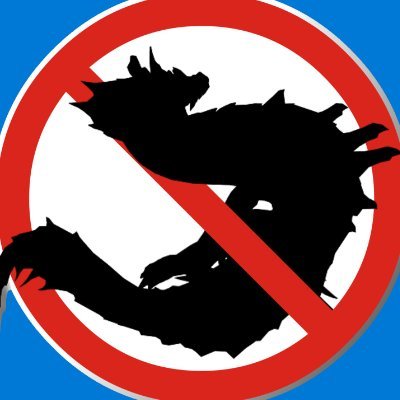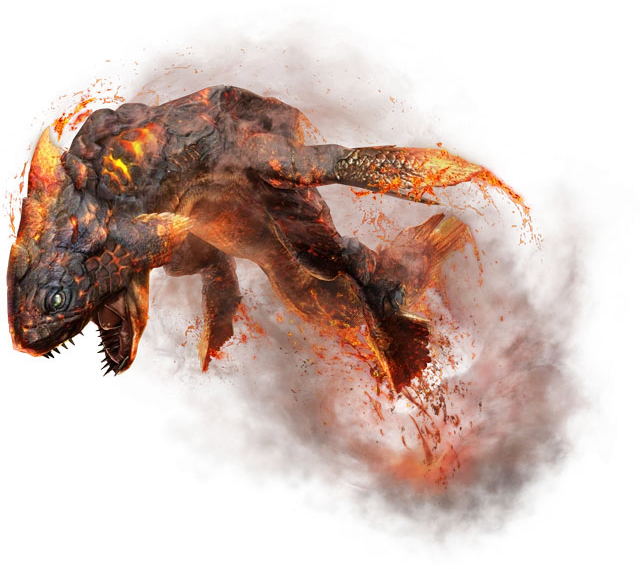For the most part, especially looking at how World treated the returning monsters from a lore standpoint, I think it's safe to say that most of the returning monsters in Iceborne are regional species. The ones I'm not too sure about are some of the elder dragons and Tigrex.
Large Monsters
1. Rathalos/Rathian
2. Azure Rathalos/Pink Rathian
3. Silver Rathalos/Gold Rathian
4. Diablos/Black Diablos
5. Bazelgeuse
6. Barroth
7. Uragaan
8. Deviljho
9. Plesioth
10. Lavasioth
11. Chameleos
12. Nerscylla
13. Shrouded Nerscylla
The monsters we're aware of that have Regional Species (I might miss a few as a heads up since I'm listing them from the top of my head).
Small Monsters
1. Aptonoth
2. Kelbi
3. Apceros
4. Anteka
5. Popo
6. Vespoid
7. Hornetaur
8. Atlaroth
9. Bnahabra
10. Mosswine
11. Slagtoth
5. MONSTER HUNTER×NAKED『モンスターハンター15周年展』-THE QUEST-」オフィシャルブック - pg. 7 & 21
For the Raths and Diablos, it basically goes like this:
1. Old World (1st - 2nd Gen)
2. Old World - Island District (Fan Term)/Val Habar (Fan Term) (3rd - 4th Gen)
3. New World (5th Gen)
As far as I'm aware, this concept for the series was first introduced in the 3rd Gen of Monster Hunter. In the 3rd Gen, it's used as a way to explain why the Raths and Diablos look and act a bit differently from their 1st - 2nd Gen counterparts.
From a lore perspective, these updated returning monsters look and act a bit differently from their past incarnations due to them living and adapting in another region/environment. These variations of existing monsters are what some would call "regional species".
Purely from a gameplay perspective, this is done to make the monsters look more modern, fit into newer entries in the series, and to keep them fresh, but there is an in-universe explanation for this as well.
Throughout the series of Monster Hunter, we have seen some returning monsters change in appearance and gain an updated look (The Raths and Diablos are what usually come to mind). In some cases, we even see them gain some never-before-seen attacks and abilities.




































